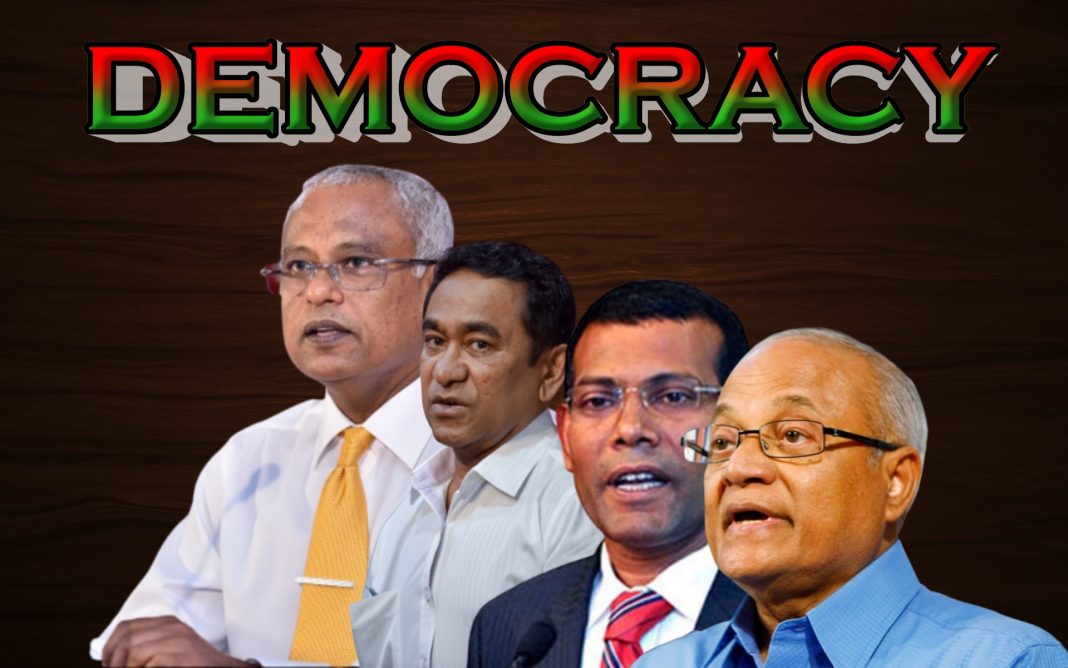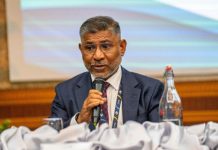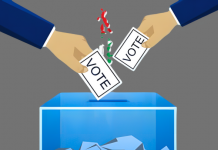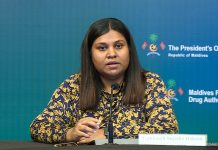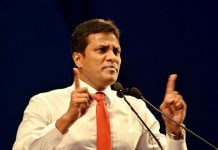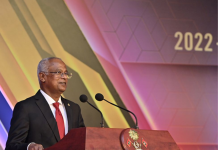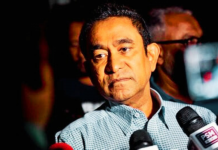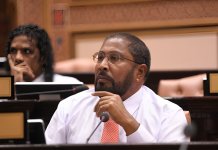“Democracy is Of the people, by the people, for the people” – Abraham Lincoln
International Day of Democracy is observed all around the world on the 15th of September every year. This day is auspicious and commemorated to make people understand the importance of democracy and how it empowers the people.
Maldives Young Democracy, Mohamed Nasheed:
2008 was the year, where in the country’s first free and fair election was held. Defeating the country’s longest running President Maumoon Gayoom, who for the past 30 years ruled as a dictator, Mohamed Nasheed emerged victorious. Nasheed introduced wide-ranging reforms. He also introduced a new economic policy that expanded the economy from negative growth to a growth rate of 9% per year, set up a universal healthcare system, a pension fund for the elderly, and the nation’s first university. He removed import duties on staple goods and implemented progressive methods for mitigating the problem of drug addiction in the capital city, Malé.
However, there were people who echoed the negativity of the changes— the transition to democracy. They were not ready for the liberal and open minded Nasheed to lead them and hence, Nasheed was forced to resign in February 2012. This ended the country’s first short lived union with democracy.
The Era of Dictatorship & The Great Tyranny Abdulla Yameen: Fall of Democracy
Whatever little progress Maldives could make while it courted with democracy briefly, Abdulla Yameen made sure to backtrack it all. Yameen who was elected as the President in 2013, lived to be the most power driven ruler, who had no regard for his people, their rights or freedom. Yameen spirited the country on the path of authoritarianism, extremism and potentially destructive foreign liaisons.
Maldives under his leadership saw:
- Crippling of democracy
- Violation of Human Rights
- Influencing of State institutions
- Jailing of opposition leaders and judges
- Media Freedom taken away
- Rise in extremism and radicalism
- Media houses burned and fines imposed
- Murders of Journalists who questioned the administration
- State of Emergency imposed two times
The judiciary under Yameen’s has been highly partisan, especially in shielding autocrats in power and in facilitating continuity to their reigns. Dozens of prominent citizens including Nasheed, Gayoom, Sheikh Imran and Qasim, as well as two ex-defense ministers, two Supreme Court judges and a top prosecutor were jailed during Yameen’s reign after trials that were widely condemned as politically motivated. Many of the judges do not hold law degrees and cannot interpret common law or Islamic law because they do not have the required English and Arabic skills. It was, therefore, not surprising that Solih in his inaugural address identified reforms to ensure judicial independence as a “highest priority area”
Back on the Democratic Path, Mohamed Solih:
Following the MDP’s win in the April 2019 parliamentary elections, hopes for democratic reforms and justice for the past atrocities rose higher. For the first time in 6 years, people of Maldives were happy to have a government that is open to their suggestions.
Among Solih’s pre-poll promises were investigations into the corruption and human rights abuses under Yameen. President Ibu inherited a mess. Challenges before President Solih were not easy, the path of reform was not without hurdles but the steps taken by his administration showed commitment to their goal in improving the status of deteriorating human rights in Maldives.
President Solih made judicial reforms, ratified and amended very controversial constitutional bills passed by Yameen and his administration, that includes the ‘Defamation Bill,’ ‘Peaceful Assembly Act,’ ‘Anti-Terror Legislation’ etc. Maldives also rejoined the Commonwealth under his leadership.
Maldives is all ready for another Presidential Elections headed its way for 2023. This was three phases of democracy under three different Presidents in brief. Though democracy is still very young, people of Maldives have shown that they have the potential to nurture and care for it to make it stronger and in order to do so, the right person must lead the way in strengthening democracy in Maldives.

